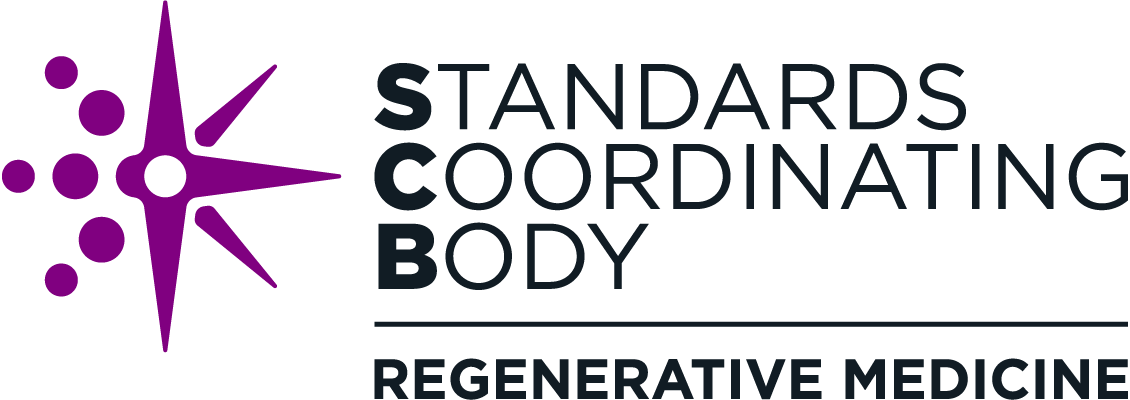Ask SCB: What Are Some Common Standards Myths?
In this series, SCB staff answer common questions from the regenerative medicine community.
Regenerative medicine stakeholders who are new to standards often have misperceptions about standards and may even worry that standards could negatively impact their organizations. Here, we dispel some common myths and misunderstandings about standards.
Myth #1: Standards will inhibit innovation.
Fact: Standards are far more likely to foster innovation than to inhibit it.
Adoption of standards can improve a company’s efficiency by providing problem-solving and time-saving best practices established by others in the field.
With standards, novel in-house processes can be validated more easily and quickly, helping companies focus more time and energy on their own innovations.
Myth #2: Standards are required by regulators.
Fact: Standards are voluntary.
Standards reflect the broad consensus of the community about the most effective approach for a given topic area.
Except when a specific standard has been mandated by a regulation or statute, it is an individual organization’s choice whether to comply with it.
Although standards are not required in regulatory applications, FDA does prefer their use—standards can simplify the review process for both product developers and regulators.
Myth #3: If standards are not required, there is no reason to use them.
Fact: Standards have many benefits.
In addition to promoting innovation and simplifying regulatory review, the use of standards can also:
Reduce costs by streamlining business processes, allowing products to get to market faster.
Help build public trust by conveying that an organization values safety.
Myth #4: Standards are rigid and prescriptive.
Fact: Many standards are designed to aid decision-making rather than prescribe exactly what to do.
This is particularly true for regenerative medicine standards, which are typically written with an eye on the future and reflect the variable nature of regenerative medicine products.
Rather than describing a strict protocol to follow, regenerative medicine standards typically provide a framework for decision-making processes and considerations.
Highly prescriptive standards are more common in other, less variable fields.
Myth #5: Standards are always physical reference materials.
Fact: Physical reference materials are only one type of standard; documentary and data standards are also common.
SCB works primarily on consensus documentary standards, which are defined as documents that set consistent protocols, methodology, technical specifications, or terminology for a product or process.
Currently, the majority of the SCB working groups are focused on the advancement of documentary standards.
Myth #6: Standards are costly to use.
Fact: Purchasing and accessing standards are generally not cost prohibitive, although some may be more costly to implement than others.
Gains in efficiency and speed to market can often help organizations recover those costs.
SCB considers the cost of the standard during feasibility assessments and considers how to ensure that there is equitable access to large and small companies.
Participating in standards development can give organizations an opportunity to provide input to ensure that standards align with the methods companies in the space are already using, lowering implementation costs.
Myth #7: I will have to share intellectual property (IP) to participate in standards development
Fact: Standards development discussions are pre-competitive and do not require IP sharing.
Standards topics typically fall outside the bounds of patented process and product-specific information. For example, organizations might share information on how they label apheresis products, their reporting and documentation practices, or the terminology they use.
How to Find Standards
Check out the SCB Regenerative Medicine Standards portal to find standards relevant to your needs.
Explore SCB's curated standards packages in specific regenerative medicine topic areas, available through the American National Standards Institute (ANSI) at a discounted rate.
Learn More
To learn more about standards and stay up to date on our news and events, follow us on social media (Twitter, LinkedIn).
